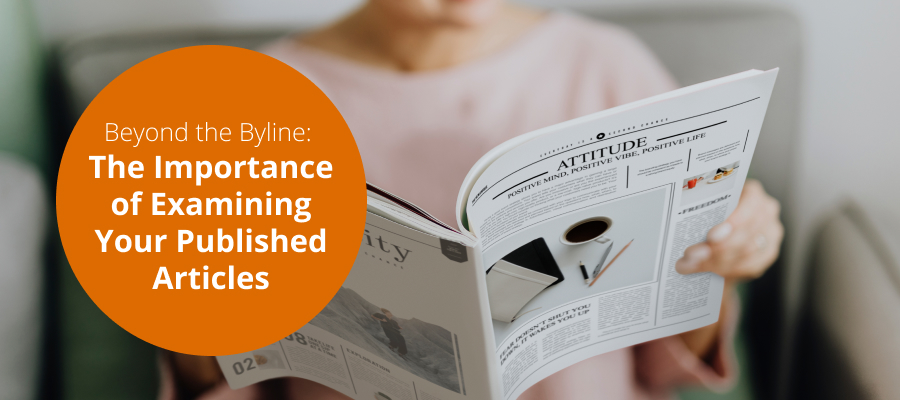The first thing we say is that often you start with the publication and THEN come up with the idea rather than the other way round.
If there is a publication you want to work for, study it! Look at what features they run and if they have any regular slots. From there, try to think of some ideas that could work for the publication.
Once you start working regularly for a publication, this becomes much easier. You get a real feel for what they are looking for and as you build your rapport with them, you will find they are more open to other ideas you may have as well.
There are occasions, of course, when you come across a story or an idea pops into your head and you need to decide where to pitch it.
Sometimes, the most obvious titles are too obvious. Got a story about a new trend in yoga? It probably won’t be new to the yoga titles. So study some of the women’s magazines – you might be able to place it in the health pages.
The best advice we can give you is this: read as many publications as you can. Why not try to read a different newspaper every day for a few weeks? Make sure you mix the days up though – for instance, lots of the papers have health stories on a Tuesday, so don’t always read the same paper on a Tuesday.
For magazines, there are various options. Some libraries give you access to magazines online, so it is worth checking if yours offers this service.
We’re also big fans of readly.com – for a monthly subscription (£9.99 at the time of writing), you can read hundreds of magazines online. The first month is free and you can cancel at any time.
We recommend this a lot as it's so comprehensive and of great value. Our senior tutor, Judy, will tend to dive in and out of it – she’ll subscribe for a month, then take a few months off. It’s a great way of keeping up with what is going on in the magazine world.



